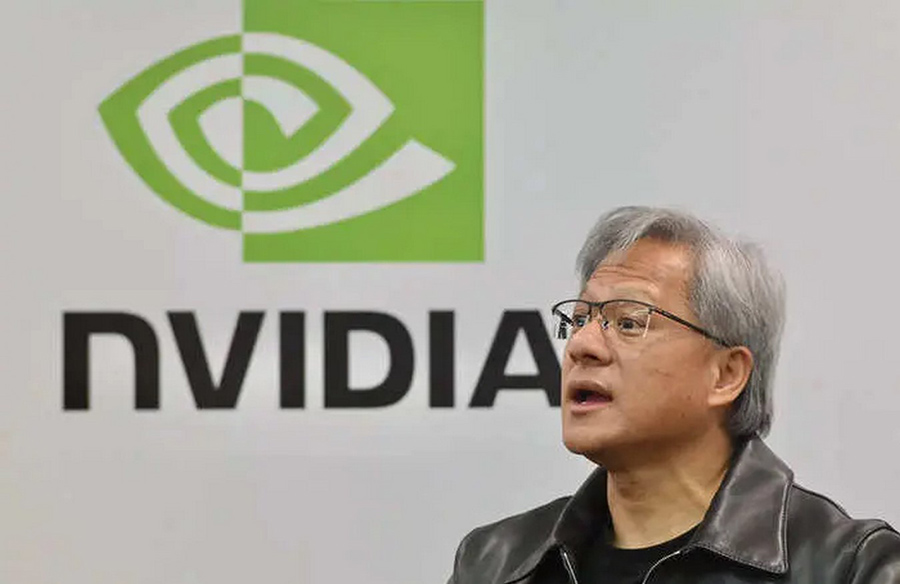Nvidia, a dominant force in the artificial intelligence (AI) chip market, is now eyeing a deeper foray into customized AI chips in collaboration with major tech players. This strategic move aims to cater to the specific needs of enterprises and cloud computing companies, potentially reshaping the semiconductor landscape.
Partnering with Tech Giants
The chipmaker has initiated discussions with industry leaders such as Meta, Microsoft, Google, and OpenAI to co-develop custom AI chips for data centers. These talks coincide with Nvidia’s plans to establish a dedicated business division focused on designing tailored chips and AI processors for cloud computing purposes.
While Microsoft, Google, and OpenAI remained silent on the matter, Meta and Nvidia opted not to comment on the discussions.
Seizing Market Opportunities
Nvidia’s pivot towards custom chip manufacturing responds to growing demand for specialized semiconductors tailored to specific applications. Enterprises are seeking alternatives to Nvidia’s high-priced GPUs like the H100 and A100, turning to competitors like Broadcom and Marvell Technology for more cost-effective solutions.
The custom chip market, valued at $30 billion in 2023, is forecasted to witness substantial growth, presenting lucrative opportunities for semiconductor manufacturers.
Implications for Competitors
Nvidia’s expansion into the custom chip market poses a significant threat to competitors like Broadcom and Marvell Technology, whose businesses heavily rely on custom silicon solutions. With Nvidia’s expertise and resources, the competition in this space is expected to intensify, potentially disrupting existing market dynamics.
Diversifying Partnerships
In addition to collaborating with tech giants, Nvidia is exploring partnerships across various industries, including telecommunications, automotive, and video gaming. These strategic alliances aim to leverage Nvidia’s technological prowess to drive innovation and meet evolving market demands.
Addressing Supply Shortages
Nvidia’s plans to ramp up production align with efforts to address global chip supply shortages. By investing in AI factories and leveraging AI-driven manufacturing processes, Nvidia seeks to bolster supply chains and meet the escalating demand for AI chips in emerging sectors like autonomous vehicles.
In conclusion, Nvidia’s expansion into custom AI chip manufacturing signifies a strategic shift aimed at capitalizing on market opportunities and solidifying its position as a leader in the semiconductor industry. As partnerships and production initiatives unfold, Nvidia is poised to shape the future of AI computing with innovative solutions tailored to diverse applications.


